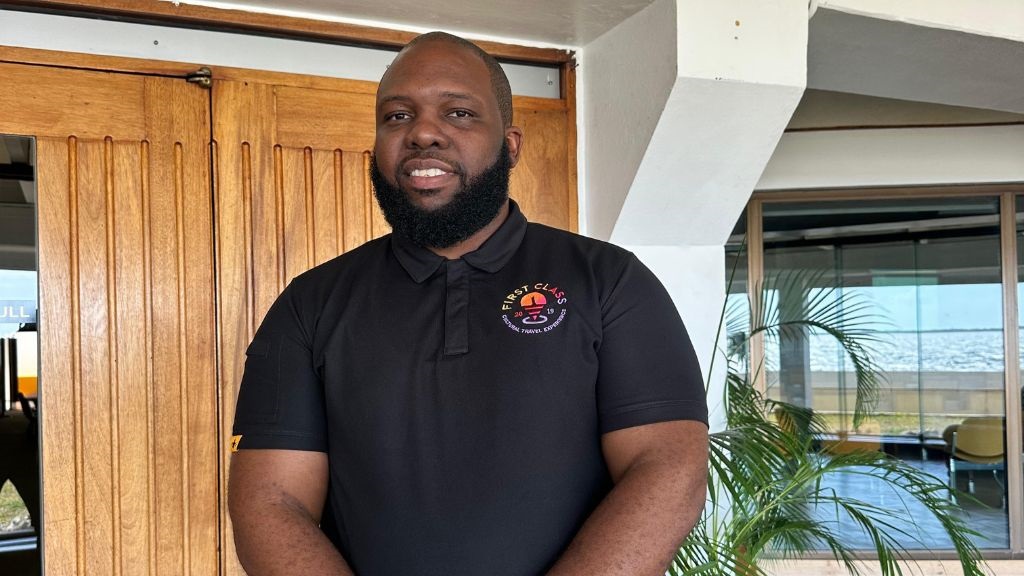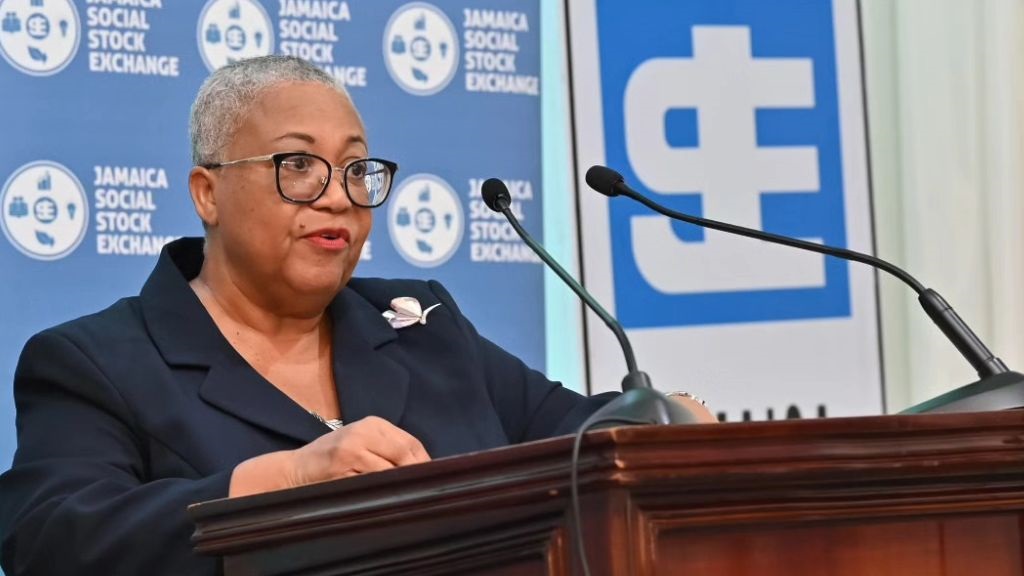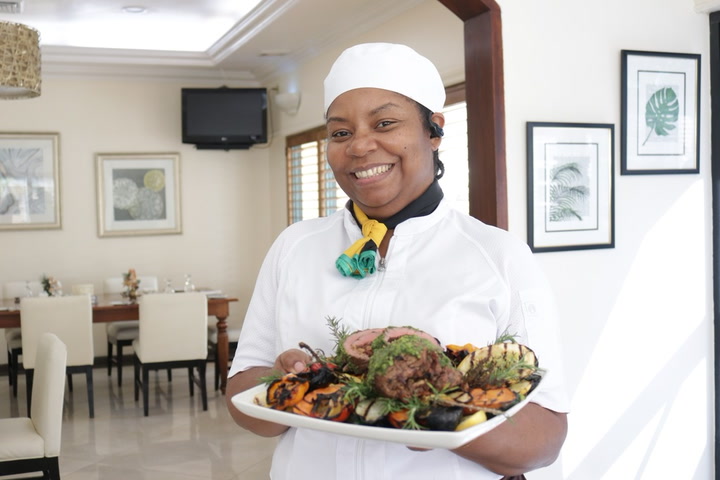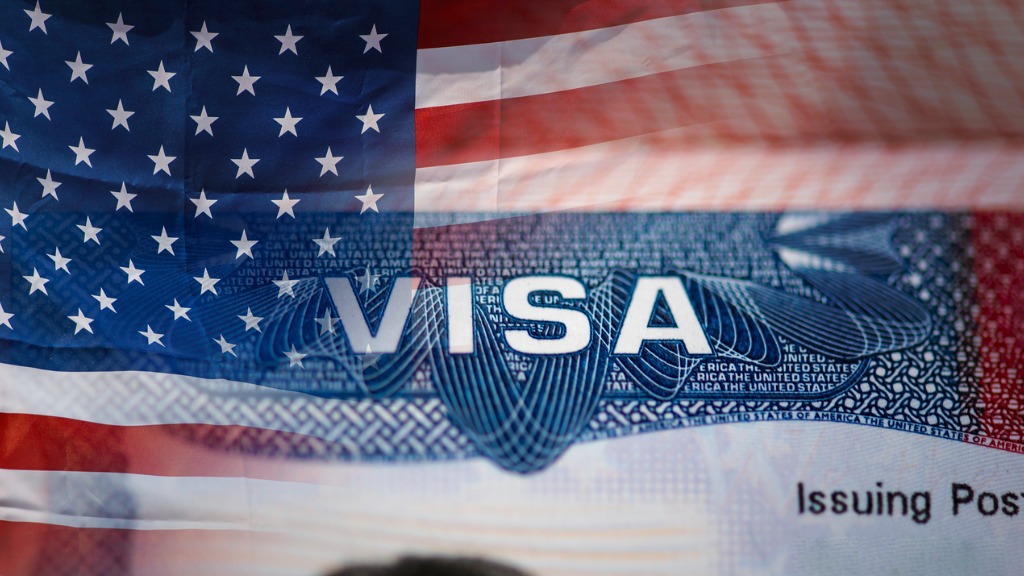

As competition for workers increases from countries such as the Dominican Republic, Thailand, Turkey, and Serbia, Sanjay Anderson, President of First Class Cultural Travel Experience, is taking steps to ensure Jamaica's continued participation in the annual work exchange programme, which allows thousands of university students to travel to the US each year for employment opportunities.
First Class Cultural Travel Experience, which promotes itself as offering “the absolute best in work and travel,” hosted its annual student work-and-travel orientation on Sunday at the Jamaica Conference Centre in downtown Kingston, where sponsors were in attendance.
Anderson, during an interview with Loop News shared that over 800 students will participate in the programme this year.
The company president, who participated in the programme and worked as a lifeguard in 2010 and 2011 when he was a student, told Loop News that he has been told by prospective employers that they prefer working with students from other countries.
He would not be drawn on whether students are going absent without leave (AWOL) or running off but instead pointed to work ethics and attitude, major problems for some employers. He said those employers looking elsewhere have had what he called “drama” with Jamaican workers.
“It’s not necessarily running off or things like that, a lot of time it’s drama (at the workplace) and the unrealistic expectations of the Jamaicans,” said Anderson.
“There’s no money tree in America, you go and you work hard, you do a good job and you present a good attitude. That is something that’s very important, your attitude, how you go about work and all of that, it’s not just a matter of showing up and just magically making money. You have to put out the effort,” he added.
Anderson warned that students should not be of the mindset that “you just drop in America and then cash going to just flow in your pocket effortlessly”. He said it’s an issue his agency works to clarify rather than wait until it becomes detrimental to the programme.
Another negative of the programme is instances of some students getting scammed when they sign up with some agencies. “That’s a negative for the programme that could affect us in the long term but there’s also a lot of positives going on and there’s always room for improvement,” he noted.
He opined that “if the improvement does not continue, we run the risk of not preserving the programme. It is a programme that we want to last; we want it to be preserved. I want it to be around when my three-month-old child goes to university".
At the conference students met with the designated sponsors.
“It doesn’t matter what the media say, it doesn’t matter that your friend might claim to make US$10,000 or US$20,000 the sponsors will tell you exactly what the programme is about,” he added.
He explained further that designated sponsors have the authoristion from the US government to facilitate the programme. The sponsors tell prospective employers how many international students they can arrange to take to the United States. “They’re that person on the ground who has the greenlight from the US government who can bring persons into the country,” shared Anderson.
First Class Cultural Travel Experience has been in business since 2019. Its first batch of over 200 students travelled to the United States in 2021, over 400 went in 2022, between 600 and 700 in 2023 and over 800 in 2024. More than 800 university students will again travel to the United States this year for various jobs across the North American country. Jobs range from lifeguard positions to work in restaurants, hotels and parks among other establishments. Many of the jobs are seasonal like the lifeguard positions.
Anderson said about 30 to 40 agents are operating in Jamaica with between 7,000 and 10,000 students between 18 and 28 years old travelling to the United States each year. He said First Class Cultural Travel Experience is one of those sought- after agencies despite being in business barely five years because of its competitive prices.
He explained that his business started to satisfy a need for an employer he worked for when he was a student; a shortage of lifeguards.
“They wanted a lot of lifeguards and they couldn’t get lifeguards. When I was going on the programme in 2010/2011, I paid US$1,000 and it was rough finding that money. When I met with an employer, I told them that this was the biggest challenge, many students have an interest but just can’t afford to go on the programme so we worked out some arrangements, he pointed me in the right direction as to how it can be more affordable”.
Whilst his company has had the opportunity to make a bigger profit margin, Anderson said “the desire to give the youngsters an opportunity is greater than to just try and stuff more money into our pockets”.
He is also mindful that many students use the earnings to continue funding their education while expanding their horizons.
“I tell students that you go on the programme, and you don’t necessarily make a lot of money but the experience that you get overall is way more valuable than if you had opted not to go”.
Related News

Street Forrest to remain as JSE head until a successor is appointed

How to make a holiday-perfect herb-crusted tenderloin

Wayne Rooney fired as Plymouth coach with team last in Championship



